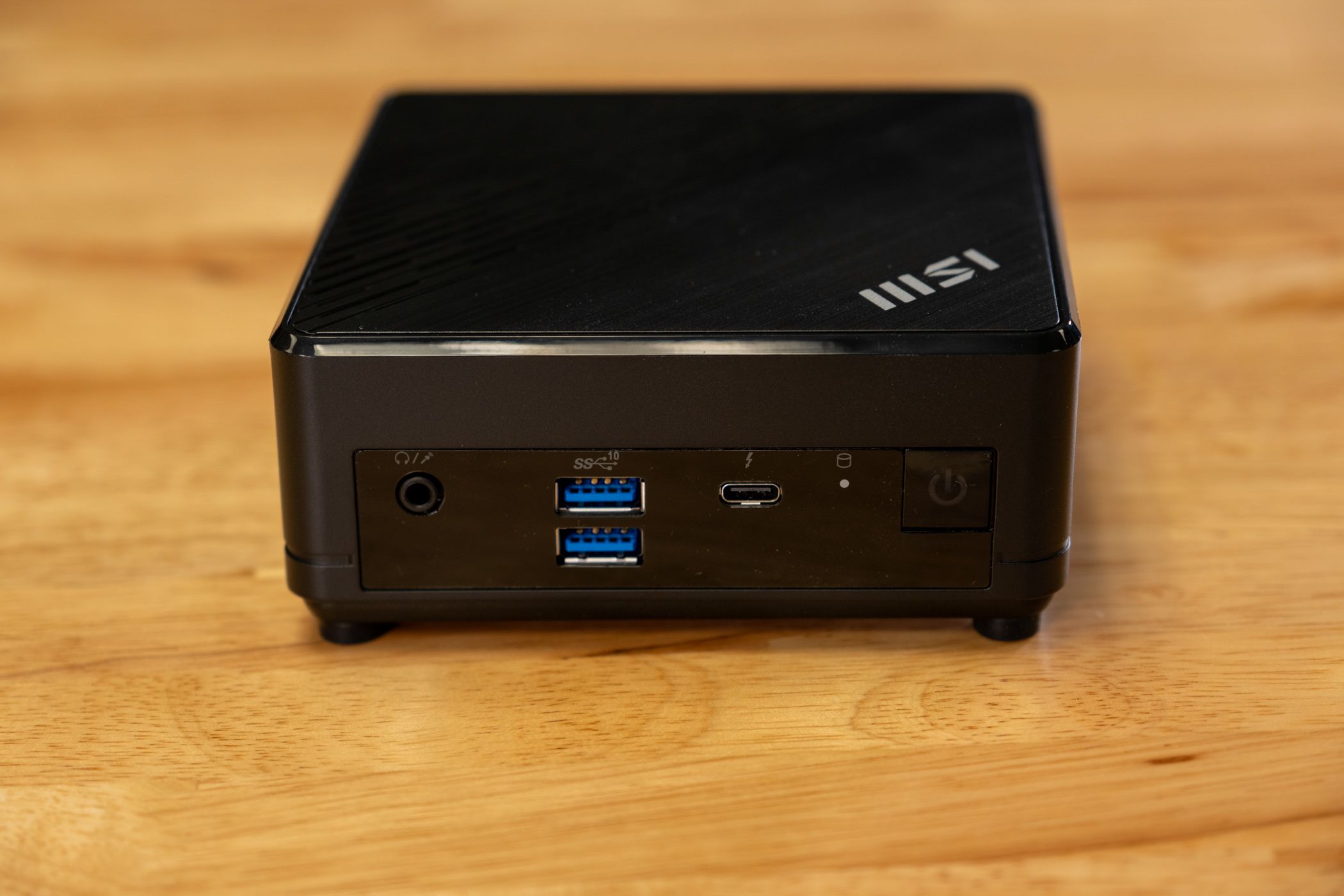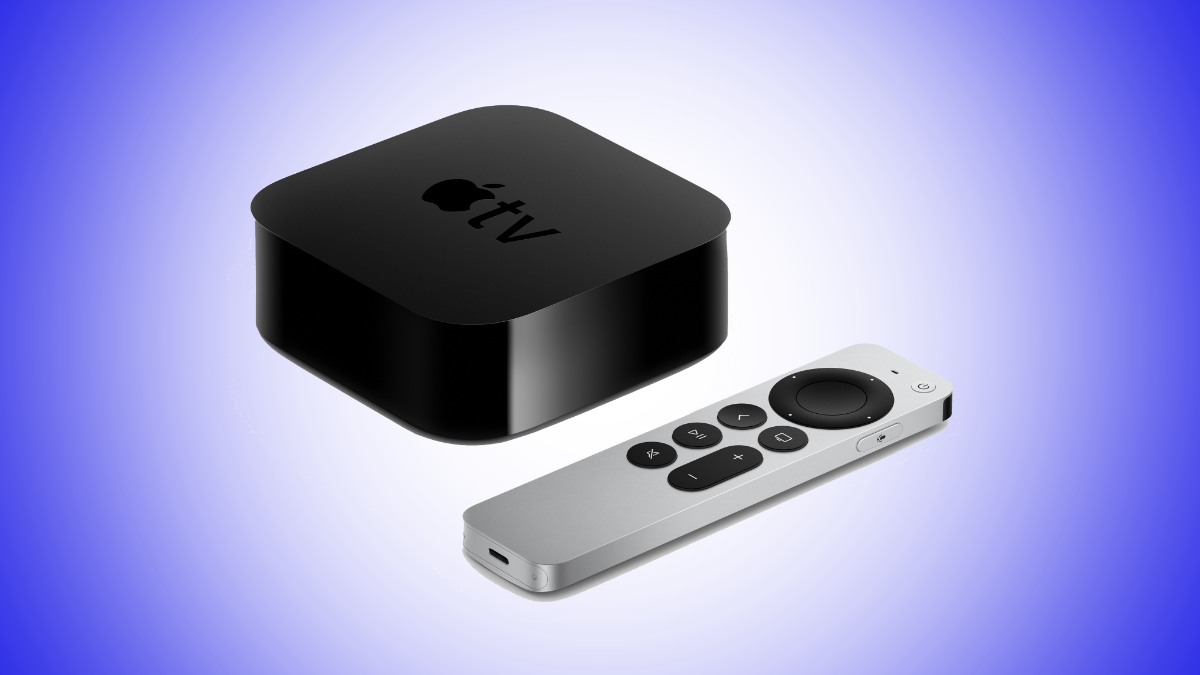Key Takeaways
- HTPCs are essentially computers used as media centers, often built in small form-factor cases.
- HTPCs allow for customization and control over media content, but cheaper gadgets can perform the same functions.
- Unless you’re an enthusiast with specific needs, other devices can provide similar services at a lower cost.
At one point, HTPCs (Home Theater PCs) were the gold standard for enthusiasts media setups, and the mainstream market was starting to take notice. These days, hardly anyone bothers with HTPCs anymore, but does that mean they aren’t worth considering?
What Is an HTPC Exactly?
Any PC can be an HTPC, since in essence it’s just a computer that’s been put to use as a media center. Traditionally, an HTPC would be equipped with a video capture card, so that it could be used as a DVR, but for obvious reasons, that’s not something anyone really does anymore.
Modern HTPCs are almost always built within very small form-factor PC cases, often with tiny motherboards. Think of something the size of a Mac Mini or an Intel NUC, and you’re in the right ballpark for an HTPC. Of course, like all PCs, there has been plenty of variety in HTPC cases. Some look like Hi-Fi equipment, to blend in with the rest of your home theater setup. Some DIY HTPC builders don’t even bother with special HTPC cases or parts, they just hide the entire computer away in a cabinet somewhere. So, an “HTPC” is a pretty vague category at the best of times, but in general, it’s a PC that’s used at the heart of a home entertainment system.
The Unique Selling Points of HTPCs
HTPCs offer more control over what you can do with your media than any other solution. You can load any operating system or software you want. You can configure the storage and codecs to your personal preferences, and make everything look and operate the way you want it to. Perhaps most importantly, you can build an HTPC and media catalog that’s immune to anything that happens online or is in the cloud. In short, HTPCs are about customization and control.
Lots of Cheaper Gadgets Do Most of What You Need
The big problem is that just about everything an HTPC does day-to-day can be done by some other device. Usually for much less money. If you have a computer anywhere on your network with a hard drive attached to it, then you can use something like Plex to stream media to just about any device in your house, if there’s a Plex client app for it.
Likewise, most devices with screens can play back video files of just about any format, with at worst a new app necessary for obscure files. However, if there’s a file that VLC player can’t handle, I have yet to encounter it. With Apple and Android TV boxes, Fire Sticks, game consoles, and Smart TVs all doing most of what an HTPC does, there’s not a lot of incentive for most people to invest in one.
Personally, I think one of the strongest cases might be an all-in-one HTPC that’s also a gaming computer, that you would have instead of all the stuff I just listed. A good HTPC is expensive, but if you use it to replace all the things people typically have to do those tasks, it can start to make financial sense.
HTPCs Are Best Left to Enthusiasts
A properly built and configured HTPC is definitely worth it in isolation. These devices are the pinnacle of media geekery, in my opinion. However, they require someone with the skills to build, set up, and configure them. An HTPC is also a DIY rabbit hole that can take you to places you may not have wanted to go.
In other words, unless you have very specific reasons for wanting an HTPC to handle your home entertainment needs, then it’s probably best to just use any of the dozens of devices that can do most of the work for a fraction of the price.






